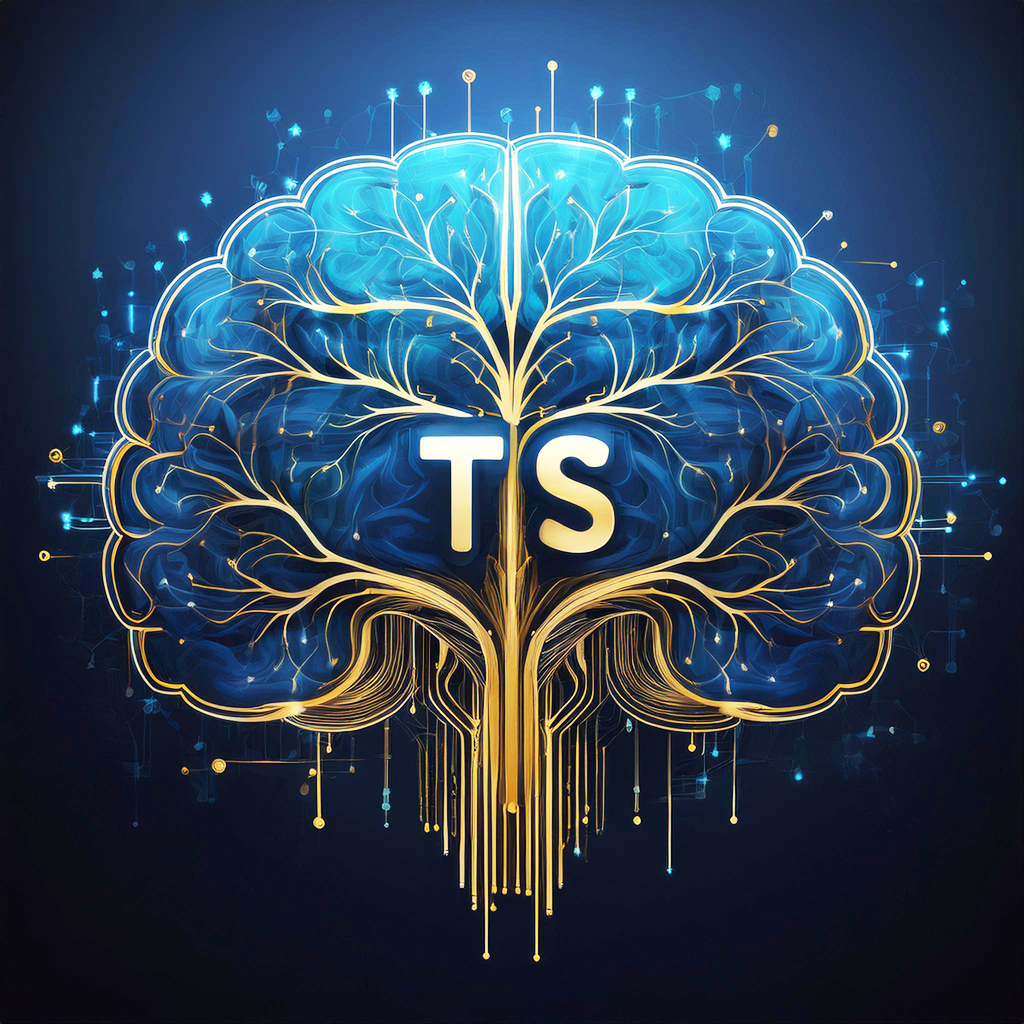Toby Saalfeld
AI: The Next Space Race
Project Stargate: A Blast from the Past
Ever heard of Project Stargate? Maybe you recall the top-secret 1977 US Army initiative that aimed to explore psychic phenomena for military and domestic intelligence - basically using “remote viewing” to gather information from afar. Fascinatingly, President Trump announced a new Project Stargate 2025 just yesterday: A colossal collaboration between OpenAI, SoftBank, and Oracle, committing a staggering $500 billion over the next four years to supercharge the United States’ AI infrastructure. I can’t help but wonder if the name is a subtle nod to that mysterious venture from decades past. If the United States succeeds in creating a genuine superintelligence, then maybe, just maybe, we’ll achieve the kind of foresight and capabilities once dreamt about in the original project.
The AI Boom: Modern Echoes of the Space Race
What strikes me the most about this announcement is the resemblance to the 1960s Space Race. Back then, the competition to put a person on the Moon was driven by deep-rooted national pride, fear of being outpaced, and a bold vision of exploring the cosmos. Governments funneled vast sums into rocket science, eventually propelling technology forward at breakneck speeds. Today, we’re witnessing a similar frenzy - but instead of building rockets and launching satellites, it’s about data centers, neural networks, and machine learning models. The stakes feel just as high, with leaders from major companies and governments openly discussing “AI domination”. Fifty years ago, it was who could get to the Moon first; now it’s who can create superintelligence - at scale!
A Global Affair: AI’s Expanding Frontiers
Unlike the singular rivalry between the United States and the Soviet Union back in the day, the AI race in 2025 appears more global and more complex. Private companies, international coalitions, and academic institutions are also stepping up to the plate. Whether fueled by entrepreneurial ambition, a yearning for global influence, or a genuine desire to better humanity, there’s no denying that AI is the epicenter of innovation. Much like how the Apollo program had spinoff benefits - from advancements in computer miniaturization to satellite-based communications - the race for ever-better AI will ripple across countless industries. Everything from healthcare and finance to transportation and education stands to benefit from breakthroughs in machine learning and automation.
From Worry to Wonder: Embracing the AI Challenge
Of course, talk of a “race” can sometimes stir up uneasy feelings - stories about job displacement, ethical dilemmas, and potential misuse of powerful AI abound. But I find it helpful to remember how the original Space Race, despite its inherent tensions, ultimately ushered in a new era of scientific inquiry, technological leaps, and global collaboration. Perhaps this modern AI race will echo the best parts of that legacy: accelerating research, democratizing knowledge, and uniting people around the world in solving complex problems.
Amplifying Potential: The Rapid Rise of AI
What really fuels my optimism is witnessing the speed at which AI is evolving. Everywhere I look, resources are being poured into research and development, from private companies investing billions to governments pledging major funding. Even in local universities, AI labs are springing up, giving rise to a generation of coders, data scientists, and engineers who are pushing the boundaries of what machines can learn and do. I’m incredibly excited about AI’s ability to amplifying human potential - hence my site motto: Human * AI > Innovation. After all, behind every machine-learning model, every advanced AI system, are the curious minds who develop, refine, and utilize it for next-level innovation.
Hope on the Horizon: A Bright Future for Innovation
In the spirit of looking forward, I’m convinced we’re standing on the edge of an explosion of innovation. Imagine AI handling mundane tasks while we focus on creative problem-solving and thought leadership - suddenly, entire industries could see leaps in efficiency and productivity that we only dreamed of a few years ago. Just as the Space Race spawned the technology that led to GPS and weather satellites, the AI race might spark breakthroughs we can’t even conceive yet.
So yes, the competition is intense, and the stakes are high. But I’m hopeful. I’m convinced that this new “Space Race” for AI will light a fire under scientists, entrepreneurs, and policymakers worldwide to collaborate, push boundaries, and transform our future in profound ways. And as someone who believes AI can unlock and amplify our human potential, I’m more than a little excited to see what comes next.
Let’s strap in! This rocket is taking off!
Toby Saalfeld
2025-01-22
